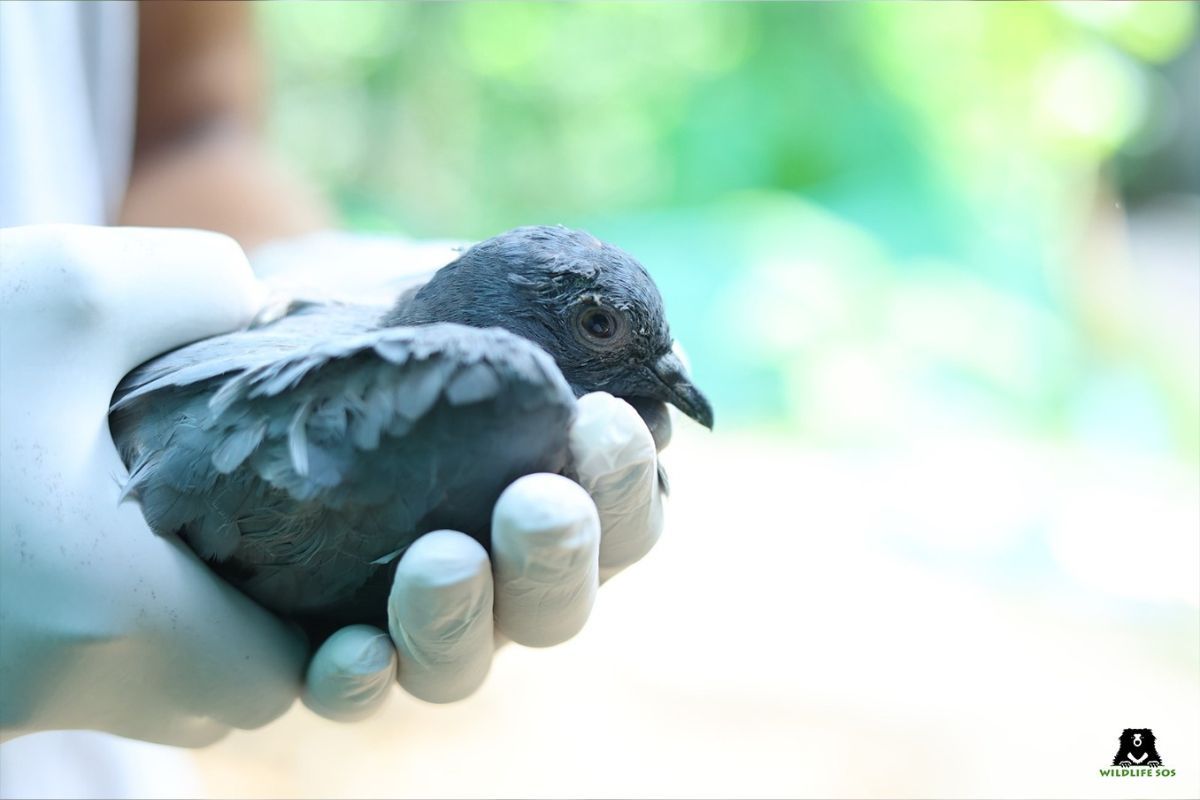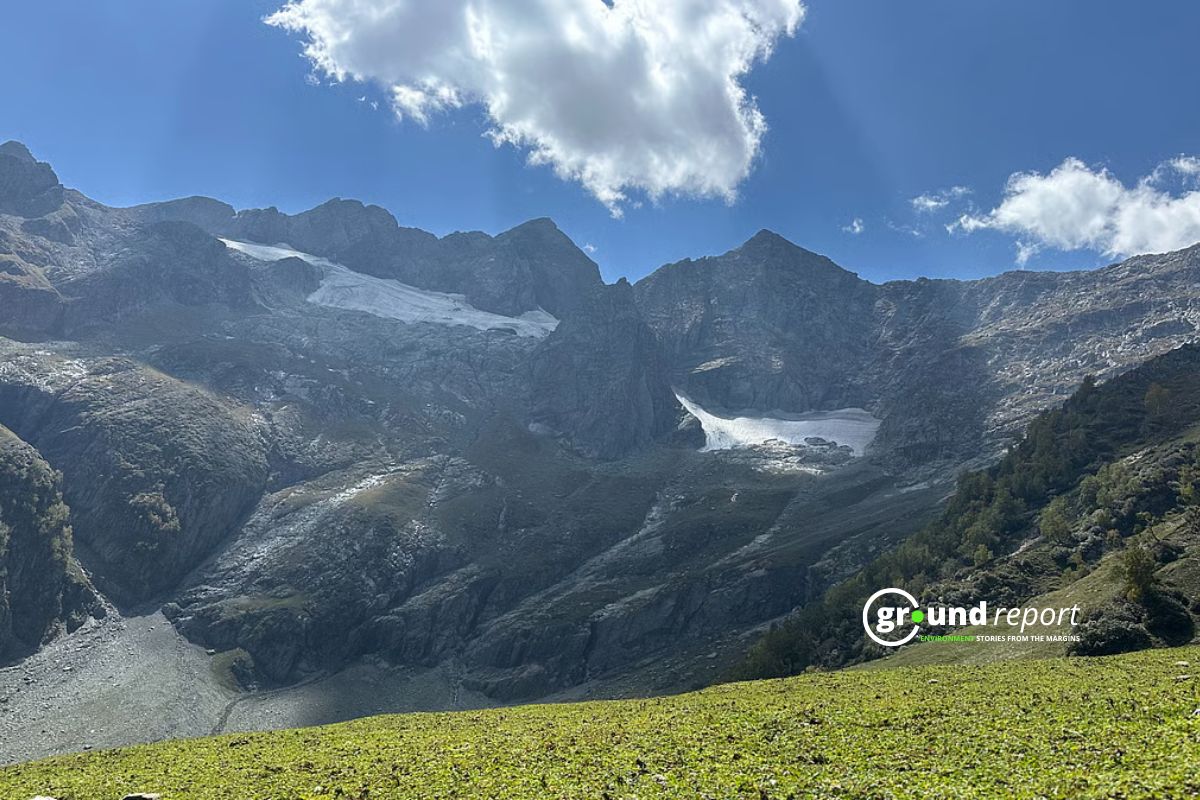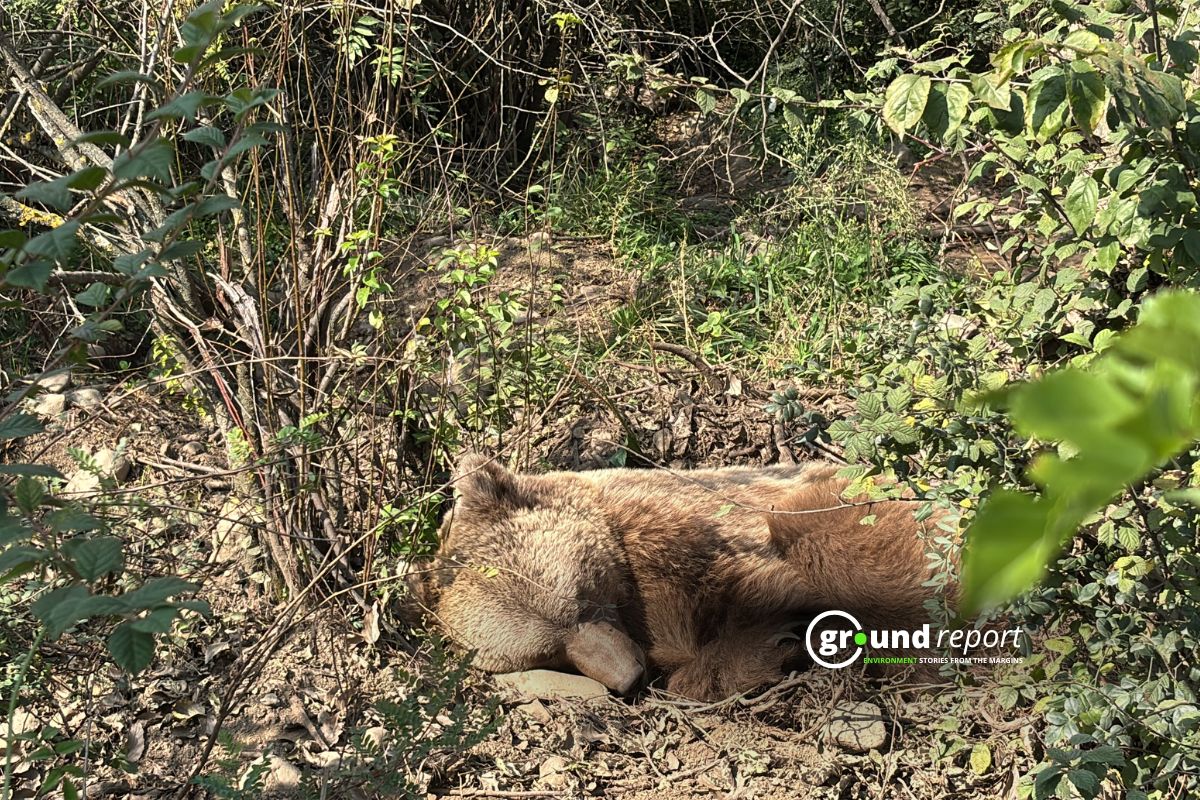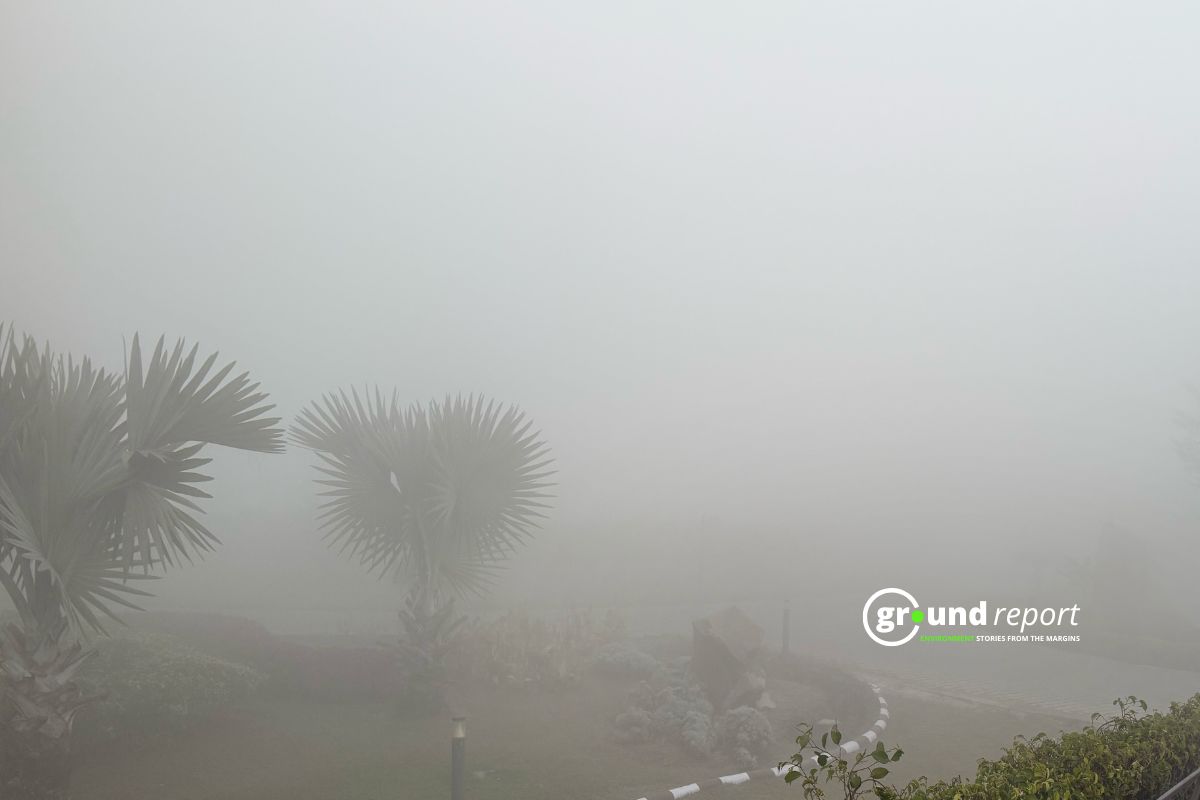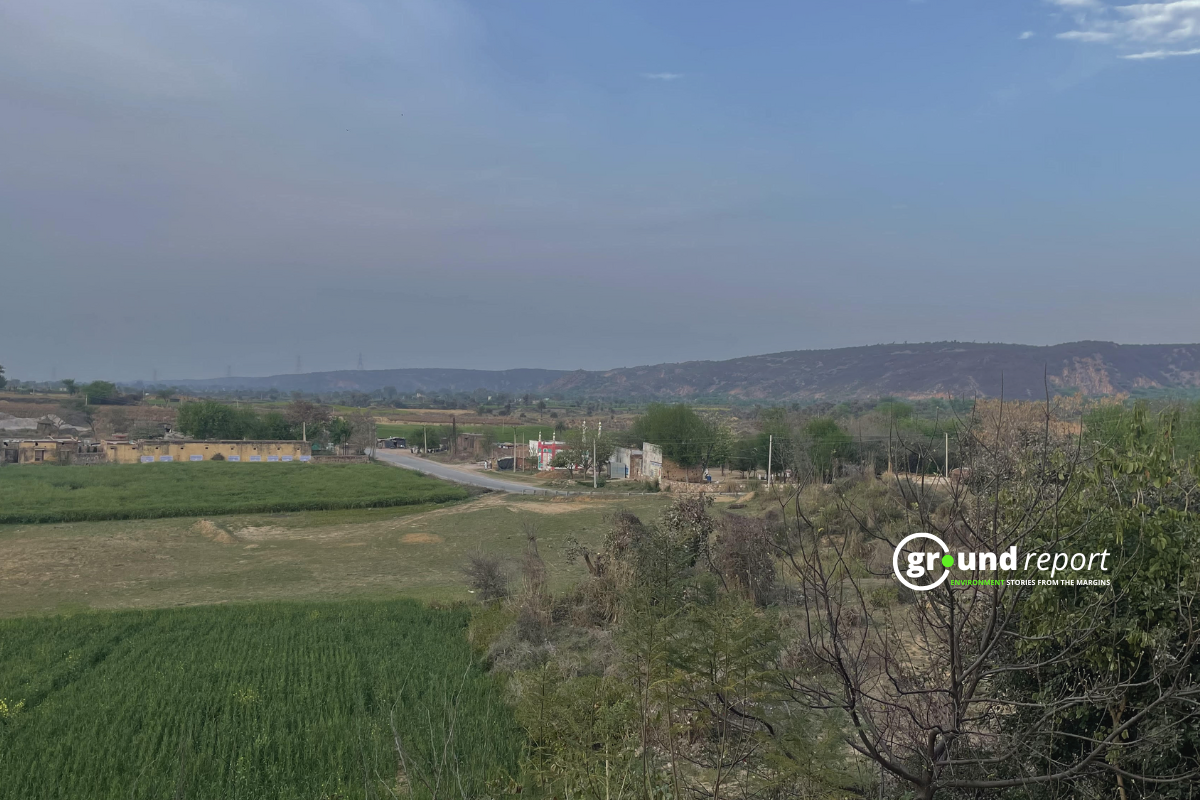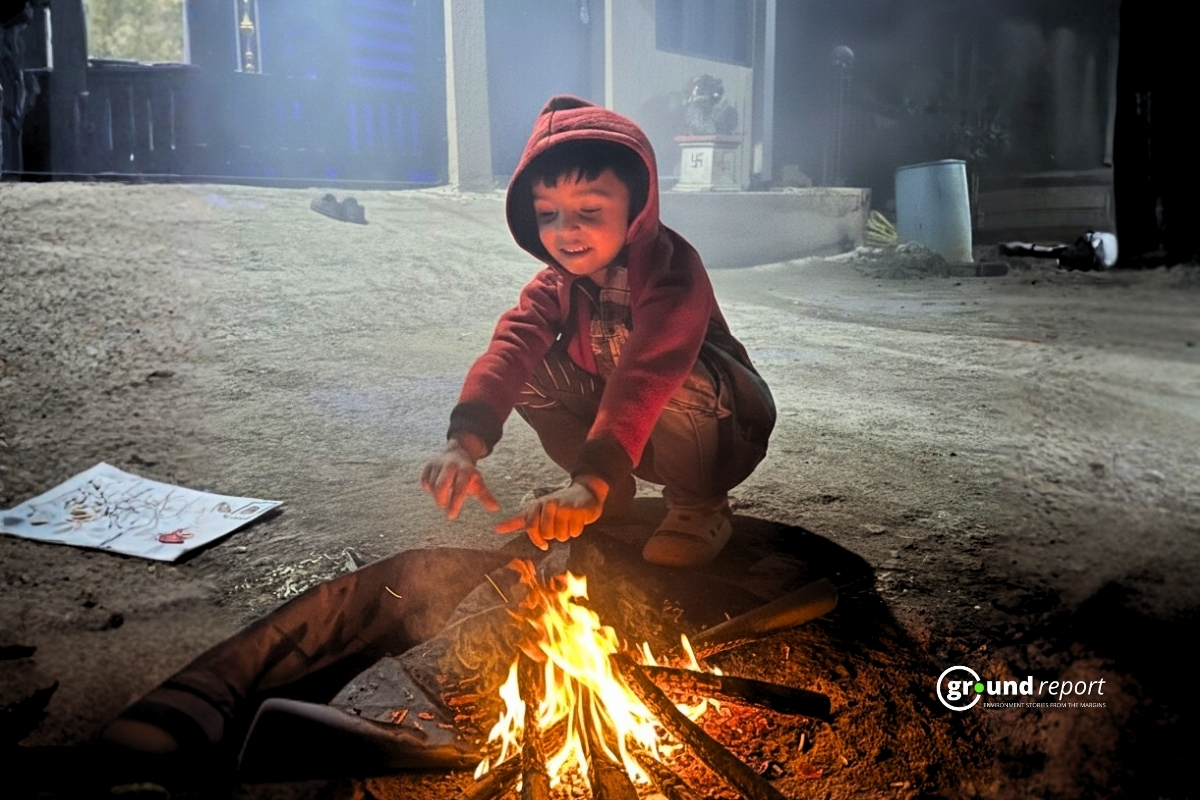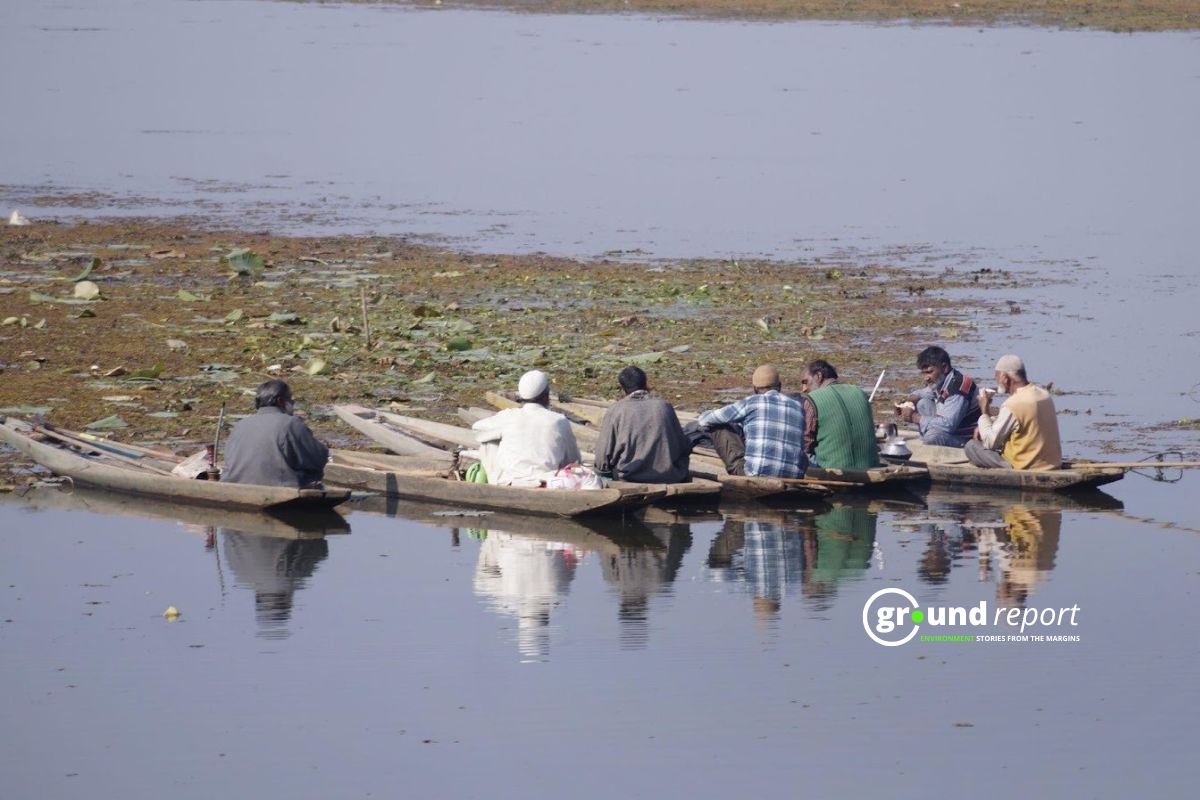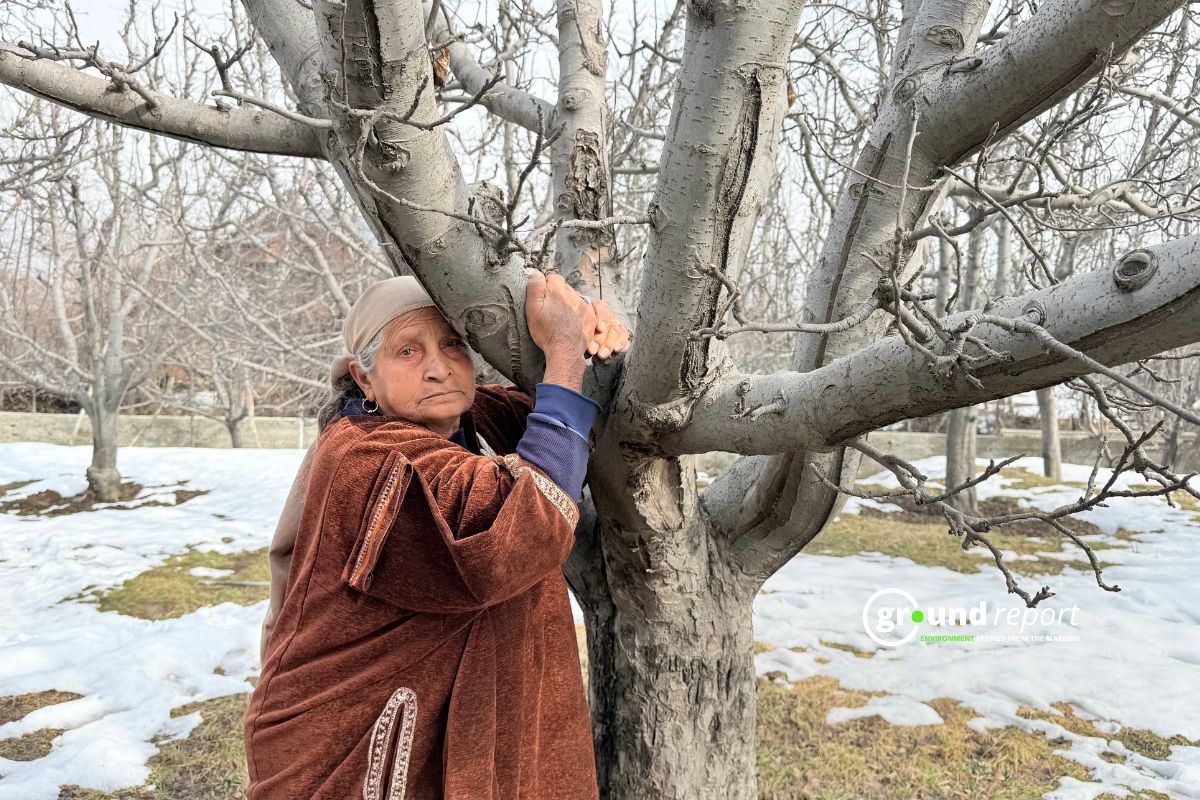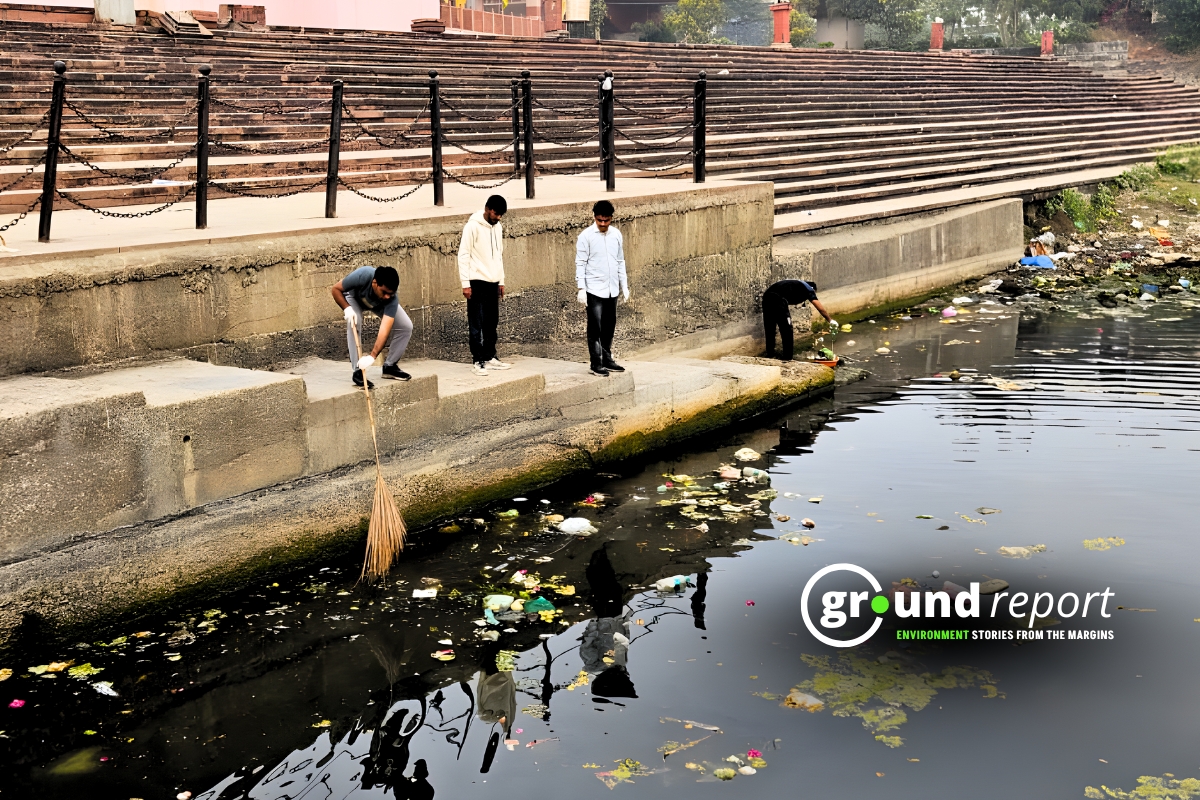The India Meteorological Department (IMD) has issued a red alert for North India as severe heatwave conditions push temperatures past 47°C. This extreme heat poses a significant threat to urban wildlife, which is struggling to survive in these blistering conditions. In response, Wildlife SOS has intensified rescue operations, saving hundreds of birds, reptiles, and mammals from the scorching heat.
The unprecedented temperatures are severely affecting birds and animals in urban areas. As the mercury soars, they seek shade and water to cool down. Birds fluff their feathers and rest in dense foliage or fly at higher altitudes for cooler air. However, these measures are proving inadequate, causing animals to suffer heat strokes and collapse while searching for prey and water.
Wildlife SOS has been at the forefront of efforts to mitigate the impact of the heatwave on wild animals. In April, the NGO rescued over 110 birds, including parakeets, sparrows, barn owls, and black kites, with kite rescues being notably high at approximately 40. Additionally, the organization rescued over 30 reptiles, such as the Indian wolf snake, black-headed royal snake, and Indian rat snake, and 27 mammals, including golden jackals and civets.
May saw the rescue of over 40 heat-affected birds, including black kites, sparrows, and blue rock pigeons, along with several monkeys and squirrels. Symptoms observed in these animals included labored breathing, drooling, lying down, hyperthermia, and, in some mammals, conjunctivitis.
The primary cause of heat stroke in animals is dehydration. Wildlife SOS veterinarians provided immediate treatment with oral hydration solutions, including water mixed with glucose and electrolytes. For mammals, IV drips, antipyretic drugs to reduce body temperature, multivitamins, and oral rehydration solutions were administered. The animals were also kept in cool environments to help them stabilize.
Geeta Seshamani, Co-founder and Secretary of Wildlife SOS, highlighted the challenges faced by urban wildlife: “In rural areas, evaporation from soil and plants cools the air, but this effect is lost in cities due to the lack of green spaces, a phenomenon called the Urban Heat Island effect. This makes it nearly impossible for animals to cool down, resulting in more dehydrated and stressed animals, with many succumbing to the extreme temperatures.”
Kartick Satyanarayan, Co-founder and CEO of Wildlife SOS, urged the public to assist in these efforts: “Wildlife SOS urges people to be vigilant and proactive during this heatwave. Simple actions such as placing bowls of water in shaded areas can provide much-needed relief for birds and small animals. Citizens are also encouraged to contact Wildlife SOS on our emergency rescue helpline (+91-9871963535) if they encounter any animals in distress.”
The extreme weather conditions underscore the urgent need for better preparedness and mitigation measures to safeguard both human and animal lives during such severe heatwaves. Wildlife SOS continues to monitor the situation closely, providing necessary aid to ensure the well-being of urban wildlife amidst the soaring temperatures.
Keep Reading
Part 1: Cloudburst in Ganderbal’s Padabal village & unfulfilled promises
India braces for intense 2024 monsoon amid recent deadly weather trends
Support us to keep independent environmental journalism alive in India.
Follow Ground Report on X, Instagram and Facebook for environmental and underreported stories from the margins. Give us feedback on our email id greport2018@gmail.com.
Don’t forget to Subscribe to our weekly newsletter, Join our community on WhatsApp, and Follow our YouTube Channel for video stories.
